Tea is one of the most popular beverages in the world—and one that many women continue to enjoy during pregnancy. Black, green, white, matcha and oolong teas are produced from the leaves of the Camellia sinensis plant. They contain caffeine, a natural stimulant that should be limited during pregnancy. If the caffeine intake exceeds 300 mg, it can be dangerous for the baby.
Caffeine can easily cross the placenta and your baby's liver will have a hard time breaking it down. Therefore, babies tend to experience side effects from amounts of caffeine that would otherwise be considered safe for adults.
Limit caffeine to 100 to 200 mg per day and enjoy these teas in moderation. Although generally safe, women may want to limit their daily tea intake during pregnancy.
- a cup (240 ml) of matcha tea: 60-80 mg of caffeine;
- a cup of oolong tea: 38-58 mg;
- cup of black tea: 47–53 mg;
- white tea: 25–50 mg;
- green tea: 29–49 mg.
Herbal teas are made from dried fruit, flowers, spices or herbs and are therefore caffeine-free. However, they may contain other undesirable compounds (be contaminated) that may lead to risky side effects. Therefore during pregnancy buy only safe brands.

According to several studies, herbal teas containing the following ingredients may be safe for consumption during pregnancy:
Raspberry tea. It is considered safe and is believed to help prepare the uterus for labor.
Mint. This tea is considered safe and is often used to relieve gas, nausea, stomach pain or heartburn.
Ginger - one of the most studied herbal remedies during pregnancy and is considered probably safe. Research shows that it reduces nausea and vomiting, but when consumed dried, it should not exceed 1 gram per day.
Lemon balm tea. It is considered probably safe and is often used to relieve anxiety, irritability, and insomnia.
However, mint and raspberry leaves need more research to be considered completely safe during pregnancy.
Avoid drinking tea made from other herbs (such as fenugreek, sage, dill, licorice, thyme, verbena, chamomile in large amounts, frankincense/boswellia, motherwort).
Consult your GP for any questions you may have about the safety of any food or drink during your pregnancy.
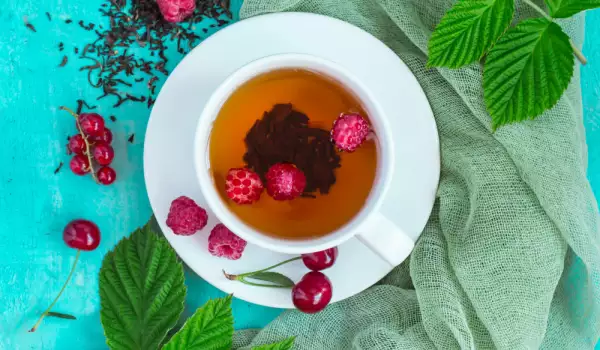

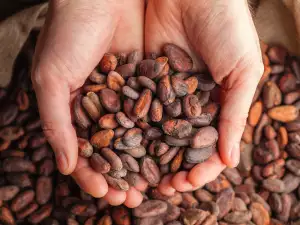

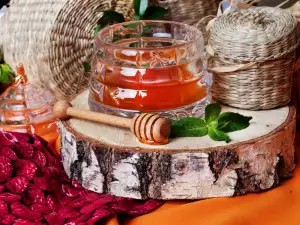

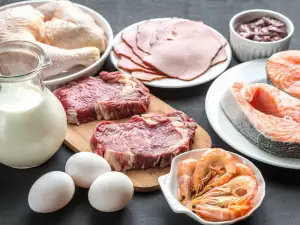





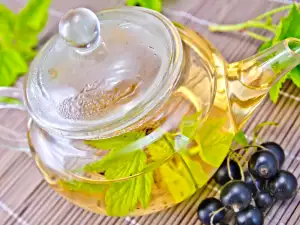

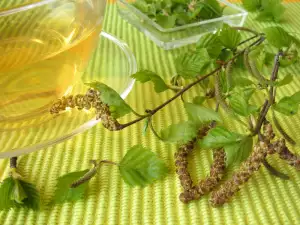





Comments